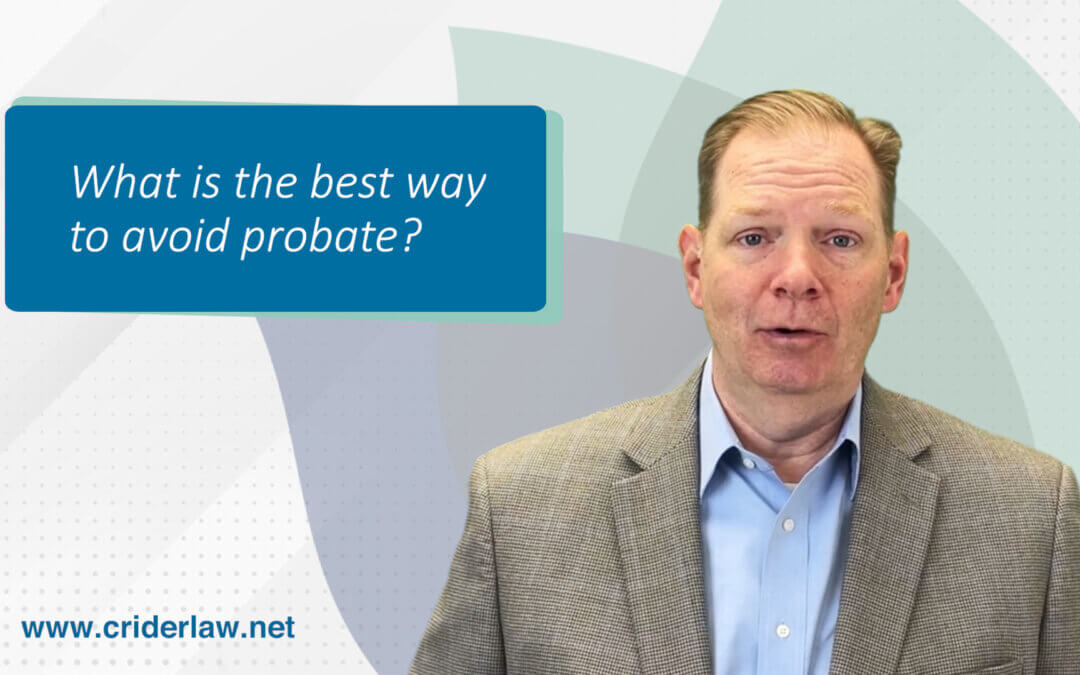
Is estate planning important for senior citizens?
One question that I receive is about estate planning for senior citizens. And first, the question is, if I’m a senior citizen, do I need estate planning? And second is, if I’ve already done estate planning, do I need to have my plan reviewed and updated? And the answer to both of these questions is yes.
If you are a senior and you have not done estate planning, you definitely should sit it down with an attorney to talk about estate planning. If you’ve done estate planning, but it’s been several years since you reviewed it, you should also talk with an attorney to talk about any changes that have happened in your life over the intervening years.
I’ve met with people who have gone 10, 15, 25 years without reviewing or updating their estate plan, and frequently things have changed a lot during that time period. Maybe their children have grown and move out of the house, maybe they have new grandchildren. Maybe the seniors themselves have retired from their lengthy careers and they want to make sure that their plan reflects what their goals and wishes are today.
So if you’re a senior and whether you’ve done estate planning already, or whether you have not done estate planning, you will want to sit down with a qualified estate planning lawyer to talk about your plan. And if you’ve already done estate planning, you’ll want to talk about updating your plan.
If you have questions about estate planning and would like to discuss this more, please click the link or contact us through our website:








